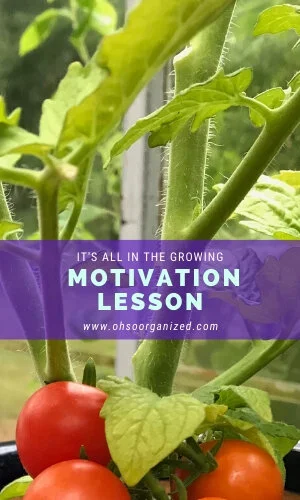For almost three decades, I’ve been joyfully helping my clients embrace change and work through their organizing challenges. I love helping people get organized, especially when they are stuck or overwhelmed. When the pandemic hit in early March, and New York went into lockdown, I stopped all in-person home and office organizing visits. As an alternative, I’ve been offering virtual organizing sessions to new and existing clients. It has been amazing! I love working in this more profound way, and my clients do too.
To give the best help possible, I continue to invest in my education. While I have attended many individual classes on virtual organizing, I wanted more in-depth knowledge. I recently completed and passed a six-week course, that credentialed me as a Certified Virtual Professional Organizer (CVOP.) It included 12 hours of class time, 20 plus hours of independent study, 15 hours of client work, and an exam. The training confirmed what I observed before. There is something extraordinary about working with clients virtually. Progress is faster, sessions are more focused, and there is a better transference of skills.
Are you curious about what my clients appreciate about virtual organizing? I thought you might be, so I compiled a list, including several of the benefits. As an organizer or a client of an organizer, are there other positives you’ve discovered about doing remote organizing work?
8 Reasons My Clients Love Virtual Organizing
1. Time Help – Do you find it too intense to schedule three or four-hour in-person organizing visits? If so, you’ll love going virtual. VO delivers organizing support in short one-hour sessions.
2. Consistency Help – Do you find it difficult to regularly work on your organizing goals? VO sessions are more frequent (ideally, twice a week,) which encourages consistency, repetition, and progress.
3. Accountability Help – Do you need help with motivation and accountability? In-between session support by text or email is an integral part of VO work.
4. Focus Help – Do you have difficulty focusing on your organizing goals and projects? The short, highly focused VO sessions are less distracting due to the need for heightened listening and self-implementation.
“There is something extraordinary about working with clients virtually. Progress is faster, sessions are more focused, and there is better transference of skills.”
5. Clutter Help – Are you overwhelmed by clutter and don’t know where to begin? VO sessions can quickly get you unstuck, offering support and accountability throughout the decluttering process.
6. Reflection Help – Do you value time to process the changes you’re experiencing? VO clients love reading, discussing, and commenting on the notes I share, including session description, accomplishments, challenges, and ah-ha moments for each session. This communication document helps to reinforce learning and neuron development in the brain.
7. Accessibility Help – Do you want organizing help, but there are no professional organizers in your area, or you have safety concerns with in-person work? Pandemic or not, VO is an excellent option that eliminates geographic and physical obstacles. Oh, So Organized! can now work with clients anywhere in the world.
8. Loyalty Help – To express appreciation and gratitude for my wonderful virtual organizing clients, Oh, So Organized! created a Client Loyalty Program. The more virtual organizing sessions you have, the more organizing credits you will receive.
Life is changing all around, as we learn new ways to navigate the new landscape. Virtual organizing has become an avenue that allows me to continue doing work I’m passionate about with clients that I love. Have you offered or engaged in virtual organizing? What has your experience been? I’d love to hear your thoughts. I invite you to join the conversation!










